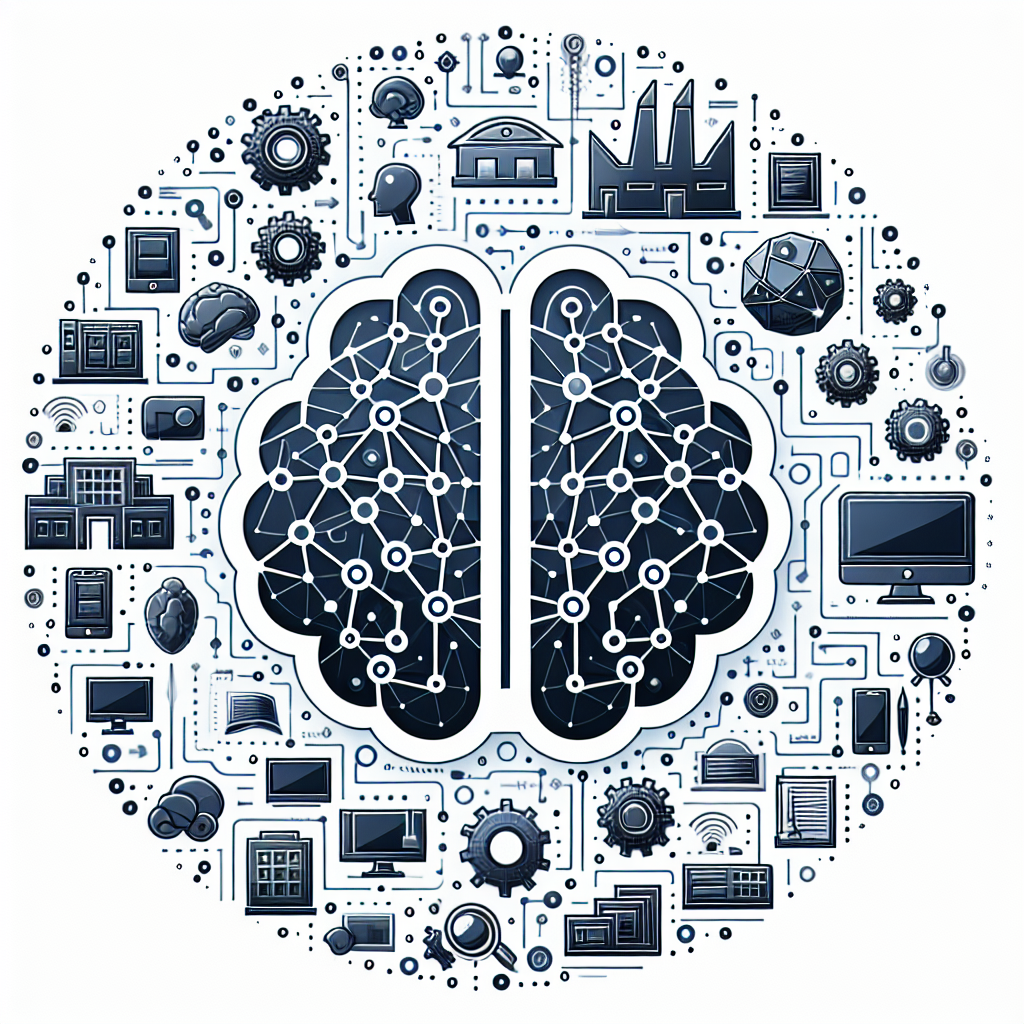The Impact of AGI on Society: What You Need to Know
Artificial General Intelligence (AGI) is a term used to describe a form of artificial intelligence that is capable of understanding, learning, and applying knowledge in a wide range of tasks. Unlike narrow AI, which is designed for specific tasks, AGI has the potential to perform any intellectual task that a human can do. The development of AGI has the potential to revolutionize many aspects of society, but it also raises significant ethical, social, and economic concerns. In this article, we will explore the impact of AGI on society and what you need to know about this emerging technology.
1. The Potential Benefits of AGI
AGI has the potential to bring about many benefits to society. One of the most significant benefits is the ability to automate tasks that are currently performed by humans, leading to increased efficiency and productivity. AGI could also lead to breakthroughs in fields such as healthcare, finance, and transportation, by enabling faster and more accurate decision-making processes. Additionally, AGI could help address some of the most pressing global challenges, such as climate change, poverty, and disease, by providing new insights and solutions to complex problems.
2. The Potential Risks of AGI
While the potential benefits of AGI are vast, there are also significant risks associated with its development and deployment. One of the most pressing concerns is the potential for AGI to outperform humans in many tasks, leading to widespread unemployment and economic disruption. AGI could also pose significant risks to privacy and security, as it could be used to gather and analyze vast amounts of personal data. Additionally, there are ethical concerns about the use of AGI in decision-making processes, as it could lead to unintended consequences or biases.
3. The Social and Ethical Implications of AGI
The development of AGI raises many social and ethical questions that need to be addressed. For example, who will be responsible for the decisions made by AGI systems? How can we ensure that AGI is used in a fair and ethical manner? These questions are particularly relevant in fields such as healthcare, finance, and criminal justice, where AGI could have a significant impact on people’s lives. Additionally, there are concerns about the impact of AGI on social inequality, as it could exacerbate existing disparities in wealth and power.
4. The Economic Impact of AGI
The development of AGI is likely to have a significant impact on the economy. While AGI has the potential to increase productivity and create new opportunities for innovation, it could also lead to widespread job displacement and economic disruption. Many jobs that are currently performed by humans could be automated by AGI, leading to a shift in the labor market and potentially increasing unemployment rates. Additionally, the deployment of AGI could lead to significant changes in the way that businesses operate, as they may need to adapt to new technologies and ways of working.
5. The Regulatory and Policy Implications of AGI
As AGI technology continues to advance, there is a growing need for regulatory and policy frameworks to govern its development and deployment. Governments and organizations around the world are beginning to consider how to regulate AGI in order to ensure that it is used in a safe and ethical manner. This includes issues such as data privacy, algorithmic transparency, and accountability for the decisions made by AGI systems. It is essential that policymakers work closely with technologists, ethicists, and other stakeholders to develop a comprehensive regulatory framework that addresses the unique challenges posed by AGI.
FAQs
Q: What is the difference between AGI and narrow AI?
A: AGI is a form of artificial intelligence that is capable of performing any intellectual task that a human can do, while narrow AI is designed for specific tasks. AGI has the potential to understand, learn, and apply knowledge in a wide range of tasks, while narrow AI is limited to specific applications.
Q: How close are we to achieving AGI?
A: The development of AGI is still in its early stages, and it is difficult to predict when AGI will be achieved. Some experts believe that AGI could be achieved within the next few decades, while others believe that it may take much longer.
Q: What are the ethical concerns surrounding AGI?
A: There are many ethical concerns surrounding the development and deployment of AGI. Some of the most pressing concerns include issues of privacy, security, bias, accountability, and transparency. It is essential that these concerns are addressed in order to ensure that AGI is used in a safe and ethical manner.
Q: How can we ensure that AGI is used for the benefit of society?
A: In order to ensure that AGI is used for the benefit of society, it is essential that policymakers, technologists, ethicists, and other stakeholders work together to develop a comprehensive regulatory framework. This framework should address issues such as data privacy, algorithmic transparency, and accountability for the decisions made by AGI systems.
In conclusion, the development of AGI has the potential to revolutionize many aspects of society, but it also raises significant ethical, social, and economic concerns. It is essential that policymakers, technologists, ethicists, and other stakeholders work together to address these concerns and ensure that AGI is used in a safe and ethical manner. By doing so, we can harness the potential benefits of AGI while mitigating its risks and ensuring that it is used for the benefit of society as a whole.

